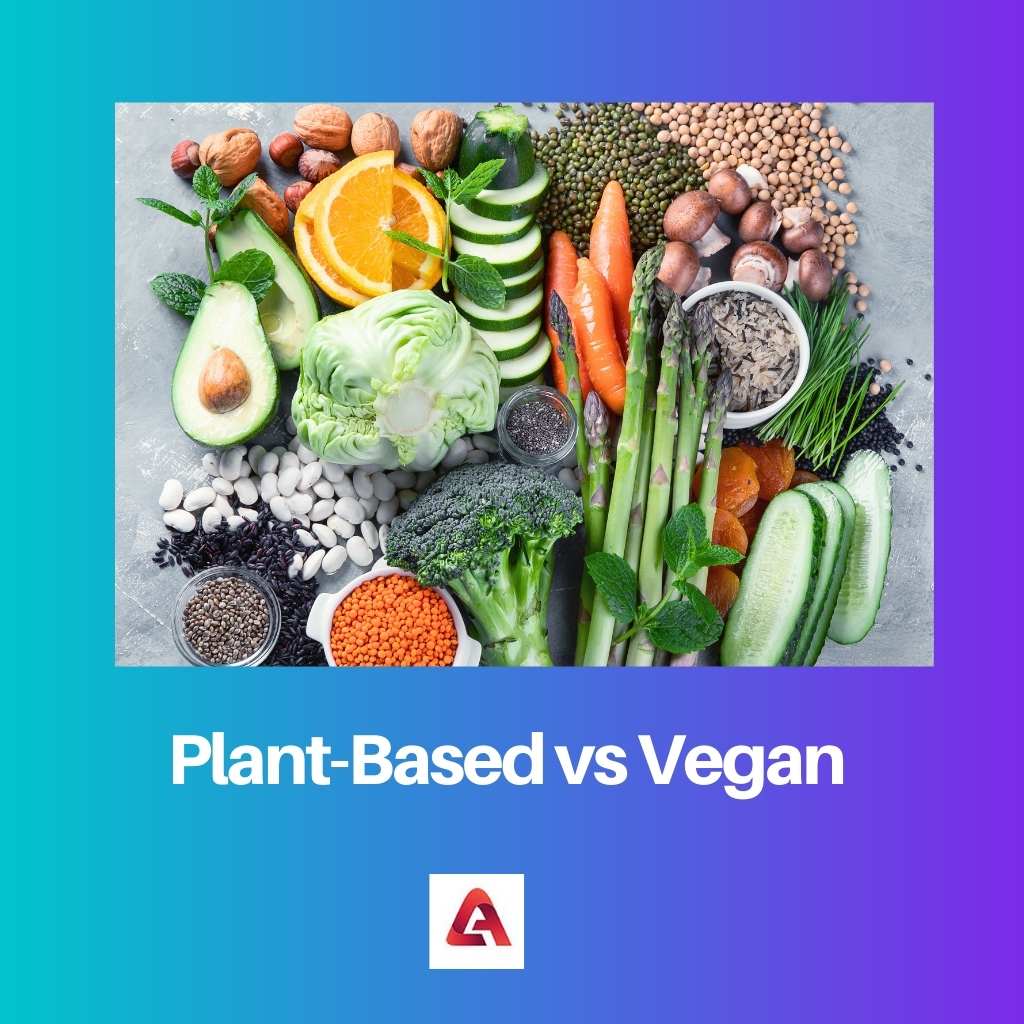Does Plant-Based Mean Vegan? Expert Guide

Unraveling the Intricacies of Plant-Based Diets and Vegan Lifestyles
Understanding the Basics
Have you ever pondered if you can embrace the benefits of a plant-based diet without fully committing to a vegan lifestyle? The terms plant-based diet and vegan lifestyle are often used interchangeably, but do they really mean the same thing? Let's dive in and discover the differences and similarities between these two approaches to healthy living.
The Scope of Plant-Based Diets
A plant-based diet primarily focuses on consuming plant-based foods. This includes fruits, vegetables, whole grains, legumes, nuts, and seeds. These diets can be flexible, allowing for the occasional inclusion of animal products, such as dairy and eggs. Essentially, it's like painting a landscape: you can start with a green palette (plants) and add a few red or blue strokes (animal products) here and there.
The Vegan Lifestyle
On the other hand, a vegan lifestyle is more comprehensive. It not only excludes animal-based foods but also extends to all products tested on animals and those made from animal products, like leather and wool. Being vegan is akin to following a strict dietary and ethical code, similar to abstaining from certain spices in cooking – you keep things simple and intentional.
The Diverging Paths of Diets and Lifestyles
While both plant-based diets and vegan lifestyles center around avoiding animal products, the distinctions become clearer when you examine their scopes. Think of it as choosing between a offers-$19.99-per-month all-access gym membership (vegan lifestyle) and a pay-as-you-go fitness class (plant-based diet). Both have their merits, but they cater to different needs and commitments.
Plant-Based Alternatives and Flexibility
One of the beauties of a plant-based diet is its flexibility. You can enjoy your favorite plant-based alternatives without feeling overwhelmed. For instance, you can swap out milk for almond or oat milk, use tofu instead of meat in stir-fries, and even try out amazing meatless meals. It's like giving your body and taste buds a taste test, seeing what they like best before making a full commitment.
The Ethical and Environmental Components of Veganism
A vegan lifestyle encompasses more than just food. It's a commitment to reducing harm to animals and the environment. This means avoiding products that involve animal testing or exploitation, such as cosmetics, clothing, and household items. It's like playing chess – every move is strategic, considering not just your immediate wins but the long-term impact on the board.
Navigating Plant-Based and Vegan Choices
So, how do you decide which path to take? Consider your priorities and lifestyle. If you're looking for a healthier diet with some flexibility, a plant-based diet might be the way to go. But if you're passionate about animal welfare and sustainability, a vegan lifestyle could be your calling. Remember, there's no one-size-fits-all solution. It's all about finding what works best for you.
The Practical Side: Meal Planning and Recipes
Planning and preparing meatless meals can be an adventure. Start with simple recipes and gradually explore more complex ones. Websites like the [[The Plant-Based School]](https://www.theplantbaschool.com/) offer fantastic resources and guides on plant-based cooking. For vegan-specific recipes, [[Forks Over Knives]](https://www.forksoverknives.com/) and}[[\Affordable Plant Based Diet Plans by Budget Bytes]](www.www.ebudgetbytes.com/) are excellent places to start. Experiment with different ingredients and cooking techniques to keep things exciting and nutritious.
Conclusion
Does plant-based mean vegan? Not quite. While both approaches advocate for consuming mostly plant-based foods, the vegan lifestyle goes a step further by excluding all animal products and supporting ethical considerations. Whether you choose a plant-based diet or a vegan lifestyle, the key is to find what aligns with your values and health goals. Embrace the journey, experiment with new recipes, and enjoy the benefits of a nourishing, sustainable diet.
Ready to dive deeper into the world of plant-based living? Click here to explore more resources and start your journey towards a healthier, more conscious lifestyle.
FAQs
1. What are the health benefits of a plant-based diet?
A plant-based diet can reduce the risk of chronic diseases like heart disease, diabetes, and certain types of cancer. It also promotes weight management and boosts energy levels thanks to its nutrient-rich composition.
2. Can I still eat out if I follow a plant-based diet?
Absolutely! Many restaurants offer plant-based options. Look for menus that highlight vegetarian or vegan dishes, and don’t hesitate to ask for modifications.
3. Is a plant-based diet suitable for athletes?
Yes, many athletes thrive on plant-based diets. Properly planned plant-based diets provide all the necessary nutrients for peak performance. Some successful plant-based athletes include Novak Djokovic and Venus Williams.
4. What are some common misconceptions about vegan lifestyles?
One common misconception is that vegans lack essential nutrients like protein and calcium. With careful planning and a varied diet, vegans can meet all their nutritional needs. Another myth is that vegan diets are always healthier, which is not true if they rely heavily on processed foods.
5. How can I make the transition to a plant-based or vegan diet easier?
Start by gradually reducing animal products and experimenting with plant-based alternatives. Educate yourself about nutrition, and seek support from online communities or local groups. Allow yourself time to adjust and celebrate small victories along the way.
```
0 Response to " Does Plant-Based Mean Vegan? Expert Guide"
Post a Comment